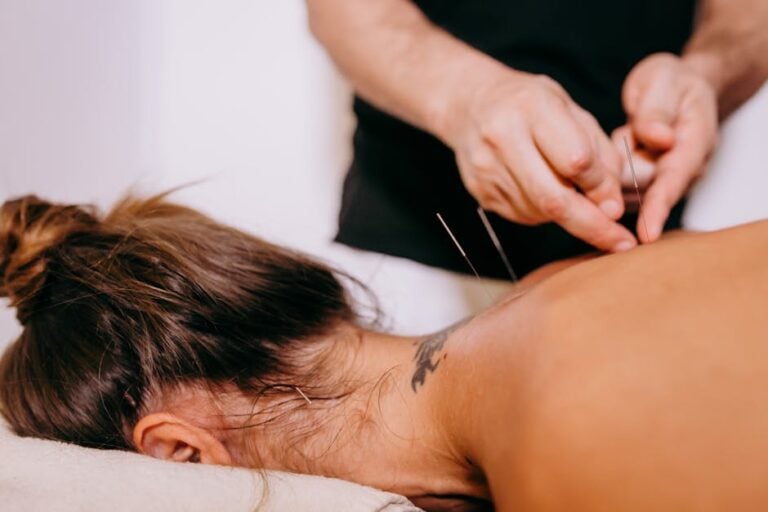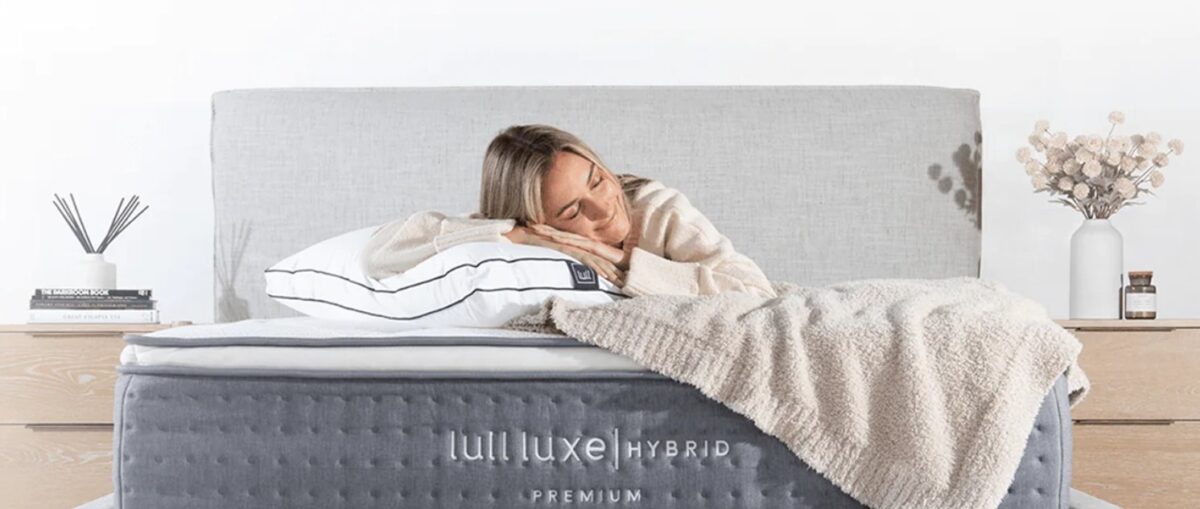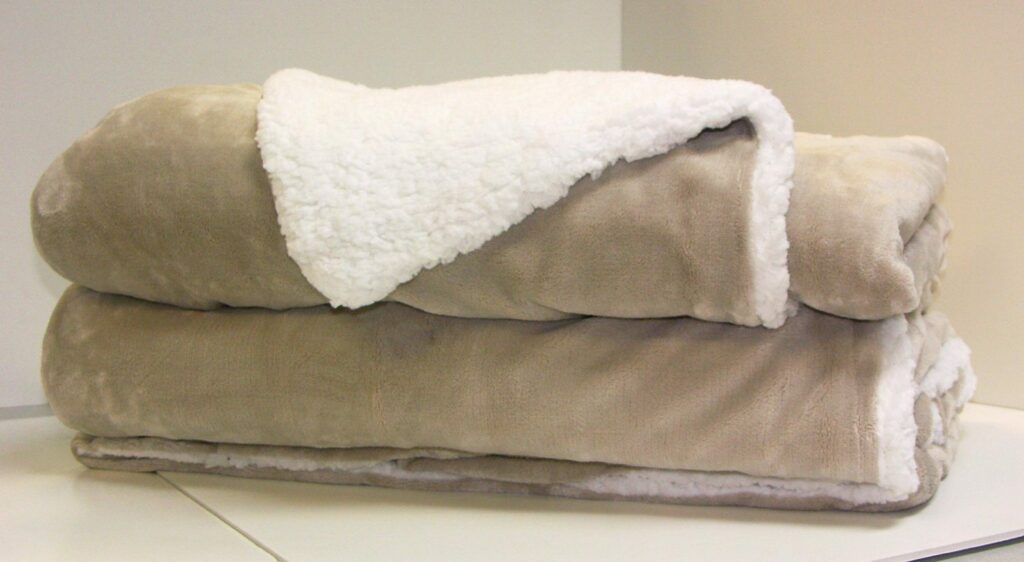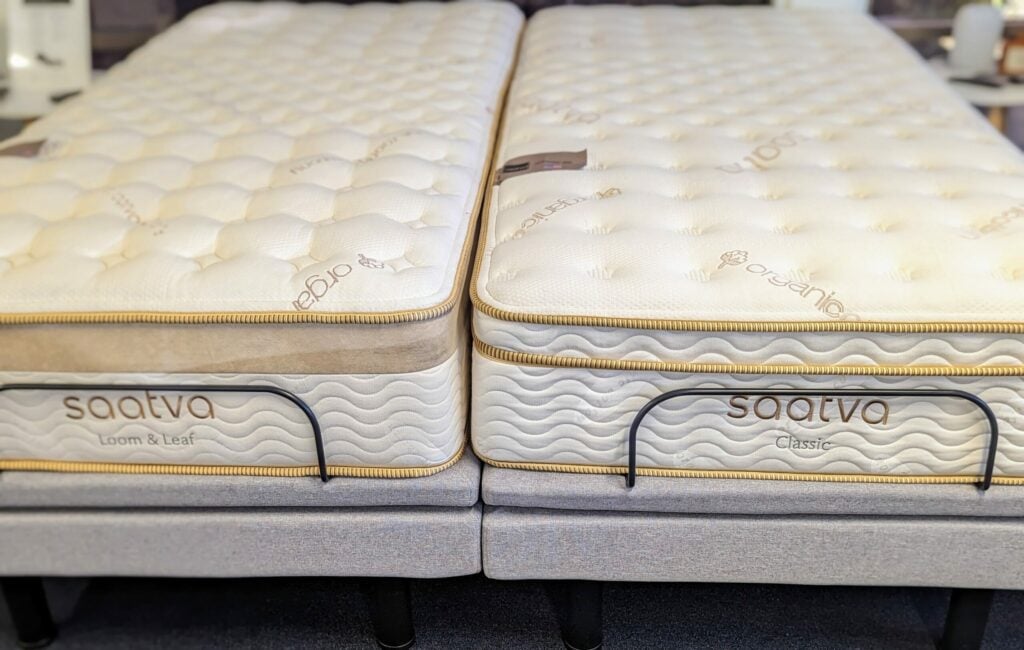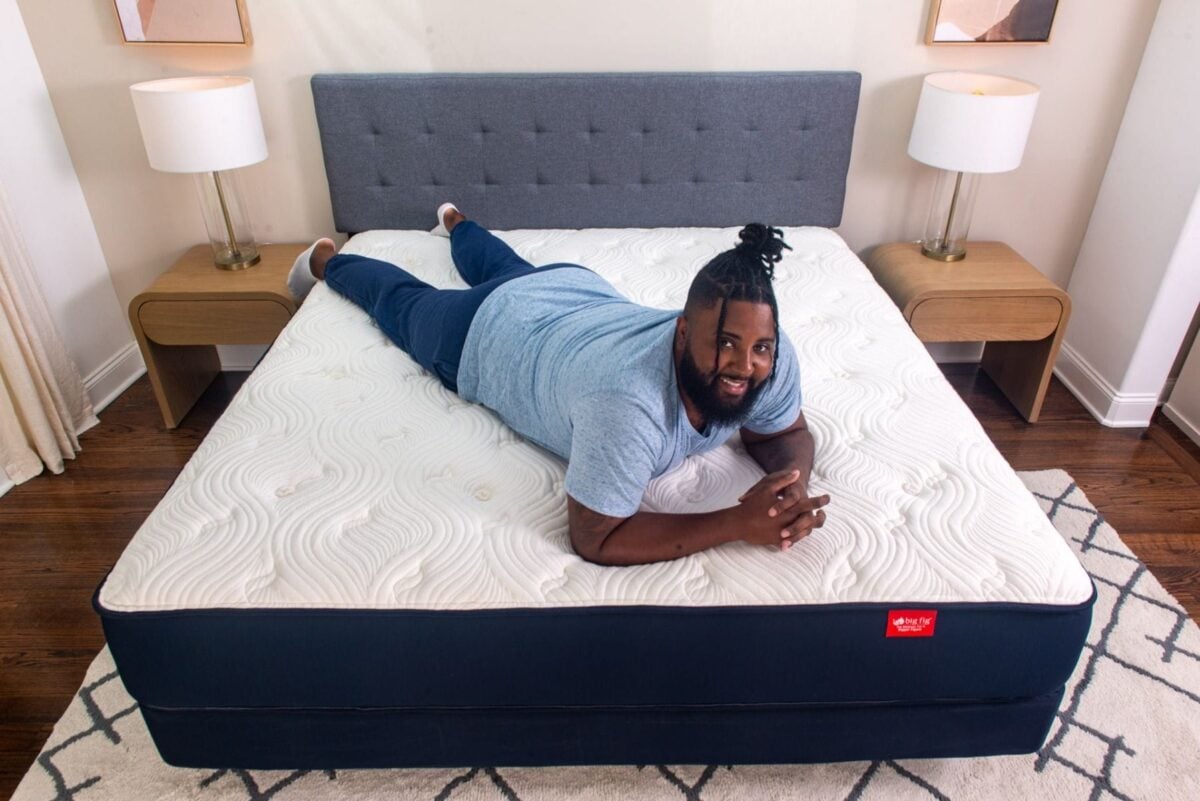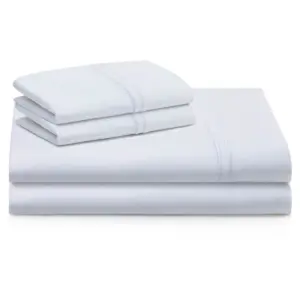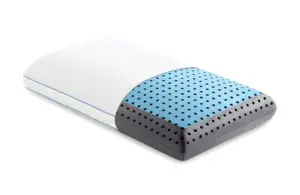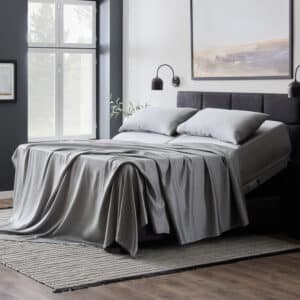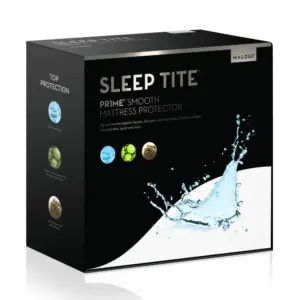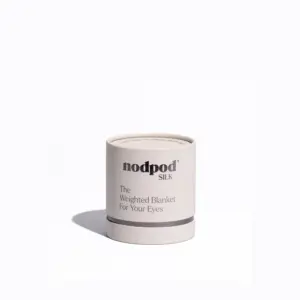Say Goodbye to Sleepless Nights: How Acupuncture Can Beat Insomnia Without Medication
Acupuncture is gaining prominence as an effective, drug-free method for combating insomnia, a struggle many face today. If you’ve been grappling with sleepless nights, acupuncture could be the solution you’ve been searching for. With its roots in traditional Chinese medicine, this age-old practice addresses not just the symptoms of insomnia, but also its underlying causes.
The Benefits of Acupuncture for Insomnia
Improved Sleep Quality
Acupuncture has been shown to significantly enhance sleep quality. By targeting specific acupoints, this practice works to balance the body’s energy flow, known as qi (pronounced chee). A smoother energy flow can lead to deeper and more restorative sleep.
Reduced Night Wakings
Frequent interruptions during the night are a common complaint for insomniacs. Acupuncture promotes relaxation and reduces anxiety, effectively minimizing these night wakings. As a result, you can enjoy uninterrupted sleep, leading to improved well-being and focus during the day.
Increased Total Sleep Time
Many individuals suffering from insomnia struggle to clock enough hours of sleep. Acupuncture can help increase your overall sleep time, aiding in a more rested and refreshed feeling upon waking. This benefit is particularly evident for those who find it difficult to fall back asleep after waking.
Alleviation of Anxiety
Anxiety is often a root cause of insomnia. Acupuncture targets acupoints that help calm the nervous system, making it easier for you to relax and drift off to sleep. Reducing anxiety is an essential step in achieving restful nights.
Pain Relief
Physical discomfort can be a significant hindrance to quality sleep. Acupuncture is well-regarded for its ability to alleviate various types of pain, including chronic conditions that keep you awake at night. By addressing the underlying sources of pain, acupuncture can enhance your comfort and aid sleep.
Support During Menopause
For women experiencing menopause, common issues like hot flashes can disrupt sleep. Acupuncture can help manage these symptoms, leading to more comfortable nights. Real-life stories, like that of Christy Garrard, highlight how regular sessions led to significant improvements in her insomnia related to menopause.
How Acupuncture Works
Understanding Qi and Meridians
Acupuncture revolves around the notion of qi, the vital force flowing through pathways known as meridians. A blockage or imbalance in qi can result in various health issues, including sleep disorders. By inserting thin needles into specific acupoints, acupuncture practitioners aim to restore this flow and balance.
The Session Process
During a typical acupuncture session, an acupuncturist will insert five to 20 thin needles into targeted areas. The needles are usually left in place for approximately 10 to 15 minutes, depending on individual needs. Practitioners will customize the selection of acupoints based on your symptoms and health history.
Real-Life Testimonials
Real-world experiences bring acupuncture’s effectiveness into perspective. Take Hillary Bickel, who found that acupuncture not only alleviated her shoulder pain but also contributed significantly to improved sleep after just one session. Stories like hers echo a broader trend backed by scientific research.
Scientific Insights on Acupuncture and Sleep
Research has consistently shown that acupuncture can lead to increased total sleep time, reduced night wakings, and improved sleep quality. Although the precise workings are still being explored, it is thought to influence crucial neurotransmitters like serotonin and gamma-aminobutyric acid (GABA), which significantly impact sleep regulation.
Types of Acupuncture for Insomnia
Acupuncture isn’t a one-size-fits-all solution, and several methods can tailor the treatment for insomnia:
Manual Acupuncture
The traditional form, where needles are inserted into specific acupoints to restore balance, is effective for improving sleep quality and relieving anxiety.
Electroacupuncture
In this method, small electrical currents are applied to the needles, intensifying effects and making it particularly useful for chronic pain and severe insomnia. Studies suggest it can notably enhance sleep duration.
Auricular Acupuncture
Focusing on ear acupoints, this technique addresses various issues, including insomnia. Often combined with other methods, it can effectively regulate sleep patterns.
Ear Seeds and Beads
For those averse to needles, ear seeds and ear beads offer continuous stimulation of acupoints without the use of needles. These approaches provide therapeutic benefits that can aid sleep.
Starting Your Acupuncture Journey
To explore acupuncture for insomnia, consider these key steps:
1. Finding a Licensed Practitioner: Ensure your acupuncturist is certified and adheres to professional standards, which can be verified through the National Certification Commission for Acupuncture and Oriental Medicine (NCCAOM) or similar local bodies.
2. Initial Consultation: Your first appointment will likely involve a detailed discussion about your sleep issues, medical history, and a physical examination to ascertain the root causes of your insomnia.
3. Personalized Treatment Plan: Based on your specific needs, your practitioner will design a tailored treatment plan, including session frequency and alternative therapies like cupping.
4. Understanding Session Logistics: Each session typically lasts about 60 minutes, with needles inserted for 20 to 40 minutes, depending on individual requirements.
5. Consistency is Key: The most beneficial results generally come from multiple initial sessions, adjusted as you respond to the treatment.
Conclusion: A Holistic Path to Better Sleep
If you’re struggling with insomnia, exploring acupuncture could be your pathway to restful nights. This ancient practice provides a holistic approach that addresses the underlying issues causing sleep disturbances. While it stands as a powerful, drug-free treatment option, integrating acupuncture with techniques like Cognitive Behavioral Therapy (CBT) and lifestyle adjustments can yield even better results.
By prioritizing your sleep health and considering acupuncture as part of your treatment plan, you can take significant steps toward overcoming insomnia and reclaiming your well-deserved rest.

